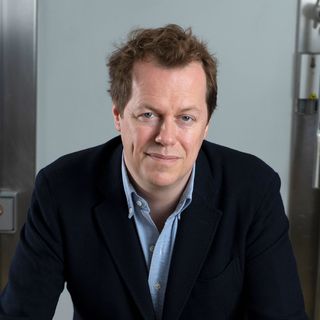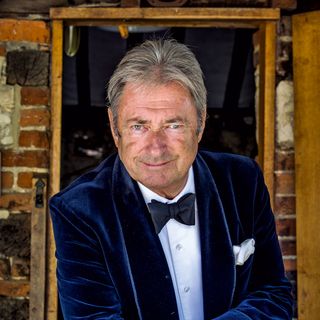-

The nearest thing you'll find to a tropical lodge in London? This exotic home is right on the Thames, and 10 miles from the centre of the city
By Julie Harding -
-

A dangerously delicious Country Life Quiz of the Day, February 5, 2026
By Country Life -

Jenson Button: 'Get rid of your ego'
By Matthew MacConnell -
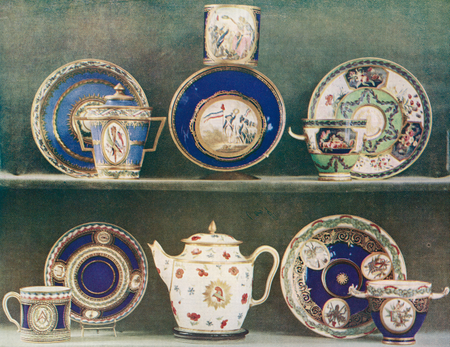
It’s out with winter blues and in with the blossoming prunus, unless it happens to be English pottery
By Lucien de Guise -
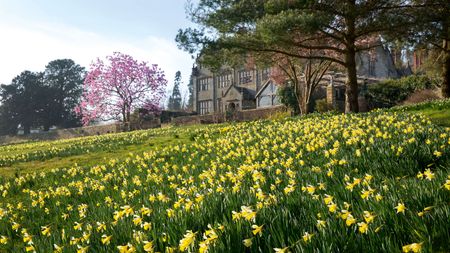
William Robson, the visionary gardener 150 years ahead of his time
By Tiffany Daneff -

A Grade II-listed farmhouse just outside the Cornwall village dubbed 'Hollywood-on-Sea', on sale for the first time in 500 years
By Toby Keel -
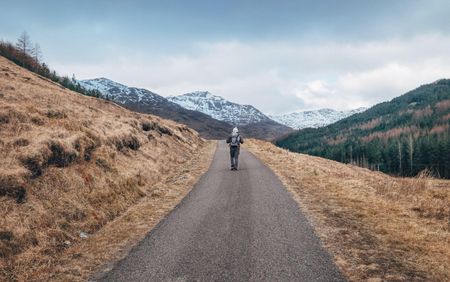
'It’s worth remembering that our closest surroundings often hold multitudes of their own'
By Ben Lerwill
-
Sign up for the Country Life Newsletter
Exquisite houses, the beauty of Nature, and how to get the most from your life, straight to your inbox.
People & Places
-
-

Wealthy Boomers collected blue-chip paintings. Gen Z is opting for collectibles. Who will come up trumps?
-

Posh people do well on I'm A Celebrity... Get Me Out of Here! because they survived boarding school: Sophia Money-Coutt's snob's guide to reality television
-
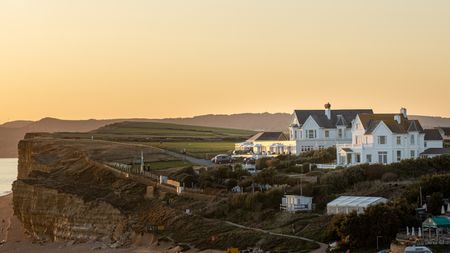
The Seaside Boarding House review: The cosy gourmet getaway on Dorset’s Jurassic Coast with a proper sense of place
-
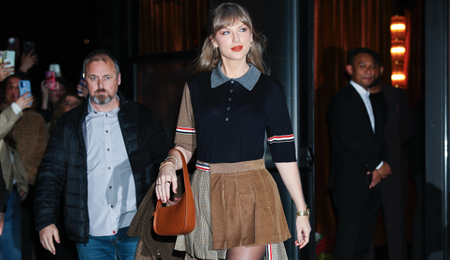
What do Taylor Swift, Guy Ritchie and The King have in common? They all love a 200-year-old fabric born in Scotland’s textile mills
-
Property
View all Property-

The nearest thing you'll find to a tropical lodge in London? This exotic home is right on the Thames, and 10 miles from the centre of the city
By Julie Harding -
-

A Grade II-listed farmhouse just outside the Cornwall village dubbed 'Hollywood-on-Sea', on sale for the first time in 500 years
By Toby Keel -

Best country houses for sale this week
By Country Life -
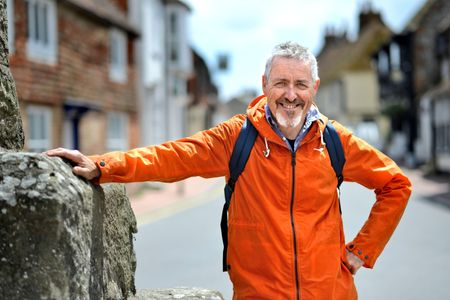
'We made the mistake of accepting the word of a surveyor. Off we went on a voyage of restoration lasting 30 years': Griff Rhys-Jones on his first house in the country
By Arabella Youens -
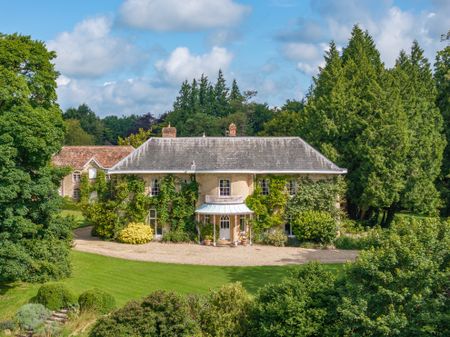
A Georgian home that's the epitome of the country house dream, with four-poster beds, Aga and pool, set in one of Britain's most sought-after spots
By Arabella Youens -
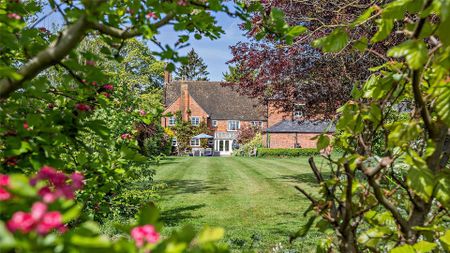
17 charming rural hideaways, from under £600,000 to £9.5 million, as seen in Country Life
By Toby Keel -
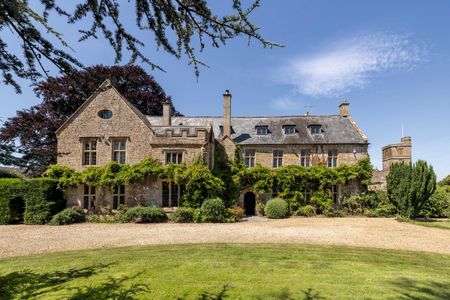
A medieval parsonage that's a 'fantasy mash-up of architectural styles', just down the road from a swish Somerset hotspot
By Arabella Youens
-
Our expert voices
Interiors
View All Interiors-
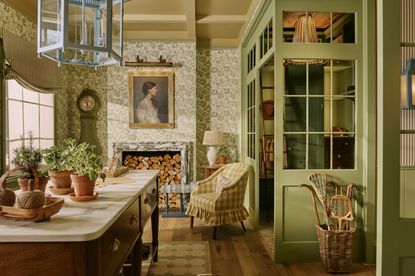
This clever interiors trick is the secret to creating multifunctional spaces — and it was integral to the design of many English country houses of the past
By Giles Kime -
-

'It was a complete wreck': Reclaiming a Hampshire coaching house from the earth
By Arabella Youens -

How do you add a dash of theatricality to a 1930s house? By taking inspiration from the legendary architect and set designer Oliver Messel
By Arabella Youens -

Are you a curator, a sympathiser or a conscientious objector? Take our Interiors Editor's quiz to discover your design DNA
By Giles Kime -

‘The pair drove to Belgium in their Mini and returned with the chair wrapped in duvets’: The mother-and-daughter duo that brought a converted Cotswolds barn back to life
By Arabella Youens -

'You should need little reminding that the 1980s are back': Country Life's interior-design predictions for 2026
By Giles Kime -
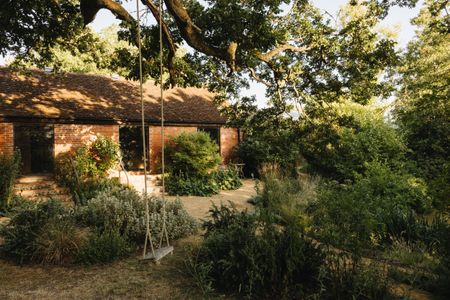
How an eco-friendly interior designer transformed a former milking parlour into a multi-purpose space in the middle of the Pandemic
By Grace McCloud -

How Britain’s biggest and best country houses are decking the halls (and façades) for Christmas
By Bella Fulford
-
LIFE & STYLE
View All LIFE & STYLE-
-

Jenson Button: 'Get rid of your ego'
By Matthew MacConnell -
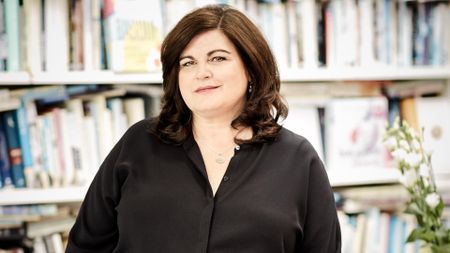
These are a few of Diana Henry's favourite things
By Amie Elizabeth White -
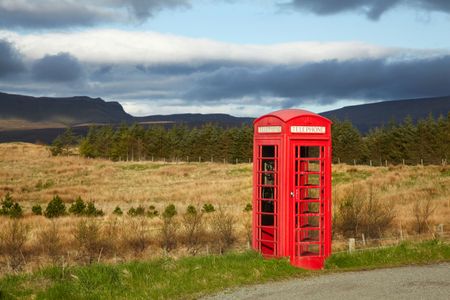
A good call: The red telephone box rings in 100 years
By Deborah Nicholls-Lee -
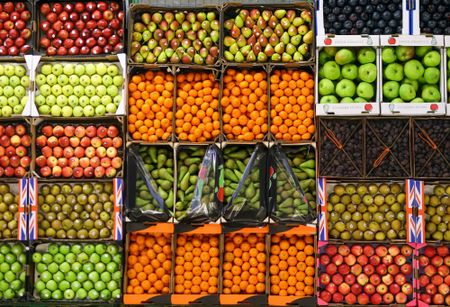
Agromenes: The Food Waste Inspector is right to call out M&S, Waitrose and Lidl for throwing away food that is perfectly good to eat
By Agromenes
-
COUNTRYSIDE
View All THE COUNTRYSIDE-
-

'They've nourished us, sheltered us, protected us... we owe trees far more than they owe us': Aidan Meighan on the folklore of trees
By Toby Keel -
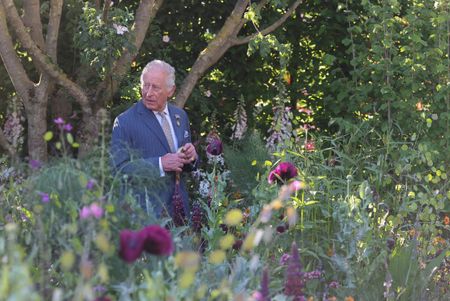
RHS to run two new touring shows at Badminton and at the royal estate at Sandringham
By Julie Harding -
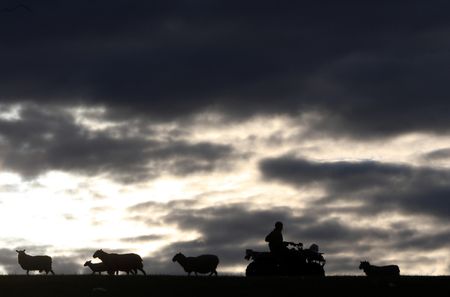
'I’m going to be the first in more than 100 years to sell anything off': How the upcoming budget uncertainty is impacting young farmers
By Jane Wheatley
-
Gardens
View All Gardens-
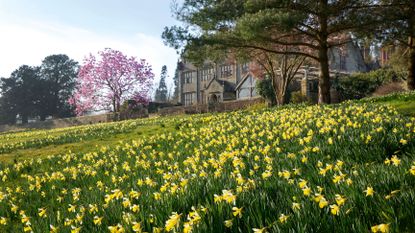
William Robson, the visionary gardener 150 years ahead of his time
By Tiffany Daneff -
-

'It was like going on a blind date... over a few glasses of wine our friendship was sealed and by three in the morning we had a plan': The creation of a spectacular Moroccan garden
By Kirsty Fergusson -
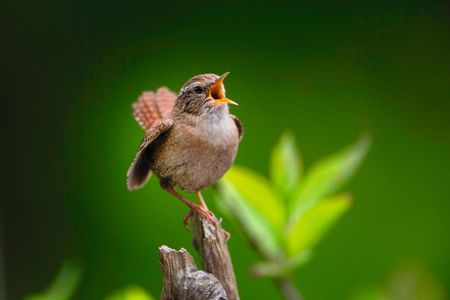
Alan Titchmarsh: I'm always asked about 'creating a sensory garden', and my answer is always the same
By Alan Titchmarsh -

The gardeners' gardens: Alan Titchmarsh, Mary Keen, Clive Nichols and more on the places they have on their 2026 hitlists
By Tiffany Daneff -
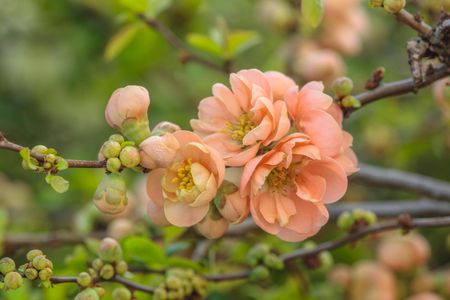
Beautiful, rewarding, unpronounceable: Chaenomeles, the spectacular shrub that grows happily in gardens where azaleas will never bloom
By Charles Quest-Ritson -
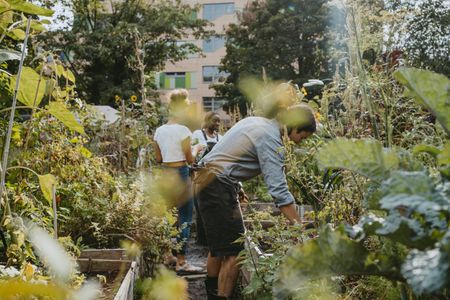
What is everyone talking about this week: Rewilding starts in your own back garden — even in the city
By Will Hosie
-
ART & CULTURE
View all ART & CULTURE-
-

It’s out with winter blues and in with the blossoming prunus, unless it happens to be English pottery
By Lucien de Guise -
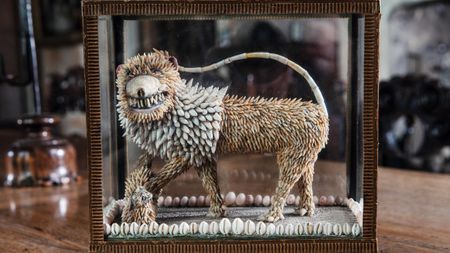
The cat that 'lives' in the Long Gallery at one of the greatest Elizabethan houses in Britain
By John Goodall -
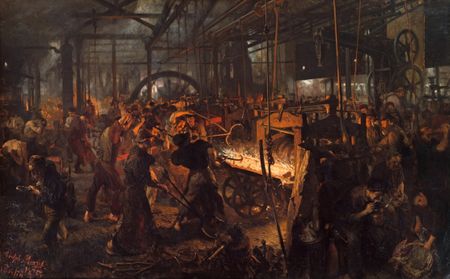
Sweat, struggle, survival: Capturing the endeavour of industry on canvas
By Michael Hall -

Eccentric, awe-inspiring and a home-from-home for literary giants: Why the London Library is an institution like no other
By Emma Hughes
-
Travel
View All Travel-
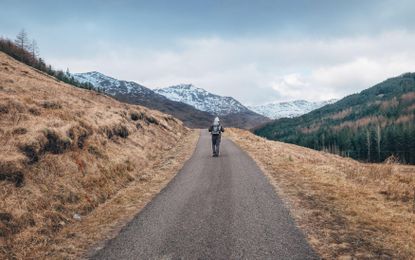
'It’s worth remembering that our closest surroundings often hold multitudes of their own'
By Ben Lerwill -
-
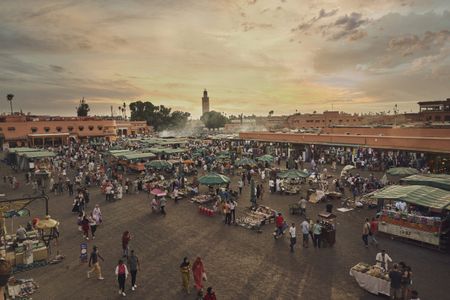
The Country Life Guide to Marrakech: Where to shop, stay and eat
By Hetty Lintell -

'Attractive people doing attractive things in attractive places': Slim Aarons's photographs of Cortina d’Ampezzo resurface ahead of the Winter Olympics
By Florence Allen -

From Sicily to Sussex: What the Normans did for us
By Pamela Goodman -

Badrutt's Palace Hotel review: The beating heart of St Moritz’s jet-set social scene has never put a foot wrong
By Rosie Paterson -
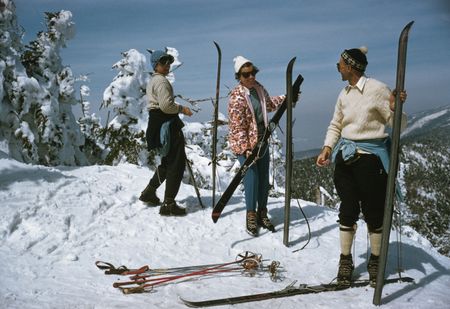
'I do understand, however, that some people like skiing. Weirdos, if you ask me, but each to their own': A snob's guide to skiing
By Sophia Money-Coutts
-


